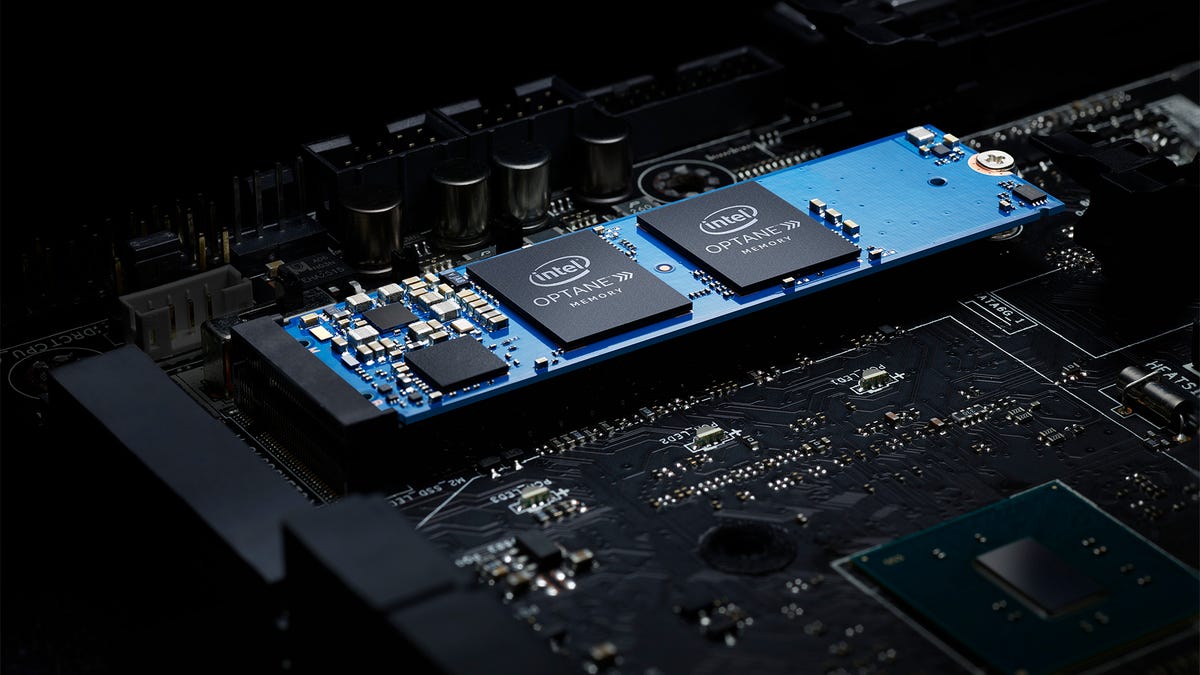Intel Optane is high-octane memory
The new adaptable memory from Intel means better launch times, load times and not sacrificing speed for storage.
Intel Optane memory is making a lot of big promises. It's a low-latency, high-response memory module that sits in front of your hard-drive, translating into faster launch, save and load times on your applications and files.
Faster. It makes your computer faster.
"But Luke," I hear you ask through the magic of rhetorical devices that I am using to prove a point, "won't more RAM do the same thing?"
Well, yes and no. RAM is memory that will improve the performance of your computer, but the key difference is that RAM is volatile memory, whereas Intel Optane is non-volatile. That means Optane won't reset when your computer is turned off like RAM will, so every time you launch an application beyond the first, you should see those speed upgrades even if you rebooted your computer in between.
Essentially there's a tradeoff between storage size and processing speed. Solid state drives brought that compromise way down, but you're also paying for the privilege when comparing similarly sized hard drives. Intel is swinging for SSD-level performance by piggybacking the Optane chip on your hard drive, and running a file architecture that means your important apps are moved to the front of the storage pile and accessed that much faster.
Optane is also adaptable, which means the accompanying drivers and software will learn which files you use more frequently, and add those to the same up-front cache.
So what kind of performance boosts will you see? We're going to have to wait to do our own testing, but Intel says Optane delivers "user-perceivable" speed boosts. You'll notice the difference, especially if those claims of twice-as-fast boot times, browsers launching four times faster and Office applications loading up to six times faster hold true.
The demo session ran through loading things like large image files in Photoshop and load-intensive areas in World of Warcraft in side-by-side machines, one of which was powered with a 16GB Optane memory chip. The Optane machine was shaving tens of seconds off.
Average stats put desktop users at between 11 and 14 unique applications per day, with seven to eight launches of each app. That translates to feeling the benefits of the Optane memory boosts 70-80 times per day.
Optane Memory will be available on April 24 (preorders on March 27) in 16GB and 32GB sizes. Stay tuned for CNET's hands-on experience with the new tech.
Technically Literate: Original works of short fiction with unique perspectives on tech, exclusively on CNET.
Solving for XX: The industry seeks to overcome outdated ideas about "women in tech."


